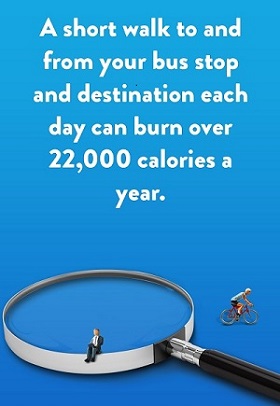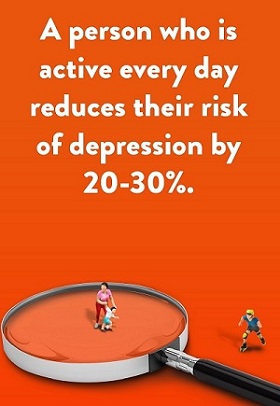Health and Walking
Walking is a fantastic form of exercise. It costs absolutely nothing and gives you some amazing health benefits. One of the brilliant things about walking is it can be easily incorporate it into your daily routine and it can quickly return some great results. For instance, just walking the short distance to your car on your way to and from work every day could burn the equivalent of 22,000 calories a year. It’s widely acknowledged that, for many people, a healthy body equals a healthy mind and walking is a great way to achieve both.
It doesn’t cost a penny to put on a pair of comfy shoes and walk – whether you walk as part of your daily commute or your daily exercise outside of your home.
The physical effects of more exercise in your routine are undeniable. Walking can help to reduce and regulate your blood pressure, reduce the risks of chronic health conditions like diabetes and heart disease, and give you an extra boost to losing weight or improving your fitness levels.
The Government recommends on the NHS website we all take a minimum of 150 minutes exercise a week, but only around one-third of adults in the UK are actually active enough. You can easily break down your 150 minutes into short, manageable chunks which you can incorporated into your working week, whether that be as a key or essential worker or if you are currently working from home.
The easiest way to walk more is to make walking a habit. Exercise releases endorphins, the feel-good hormones, which will lift your mood immediately. Who wouldn’t want to be happier each day while boosting their energy levels?
Walking can also be therapeutic. Regular walks can aid sleep too which, in turn, can help improve mental health conditions such as depression. One in four people will experience a mental health problem in any year.
Visit The mind website for more information on mental health facts, links to support and more statistics.



